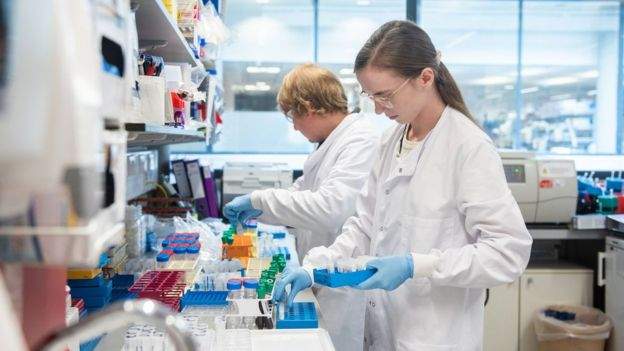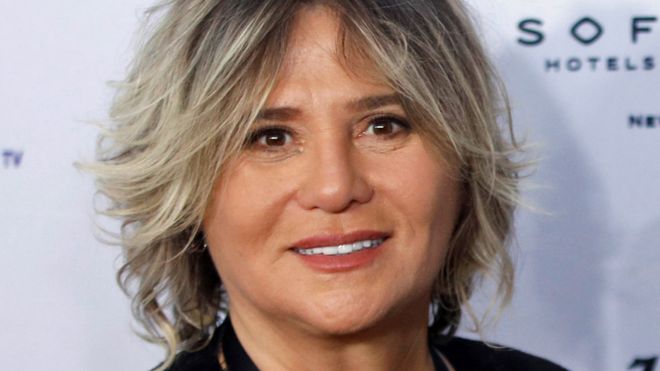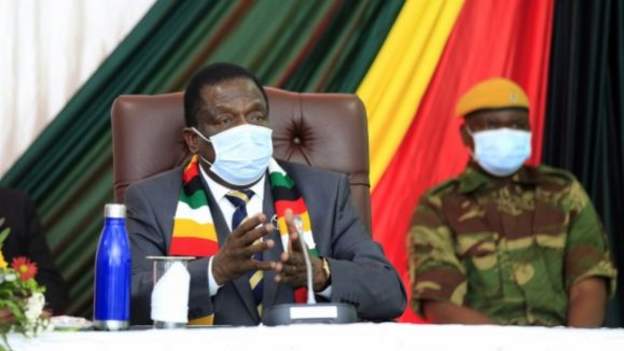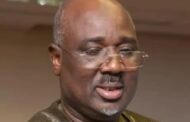Earlier this week scientists announced that a coronavirus vaccine developed by the University of Oxford appears safe and triggers an immune response.
Trials involving 1,077 people showed promising signs that the injection led to them making antibodies and T-cells that can fight coronavirus.
Listeners to BBC OS on World Service radio have been quizzing an infectious diseases physician about what the breakthrough will mean for Africa.
Tagreed from Sudan asked Dr Isaac Bogoch, an infectious disease physician and scientist at the University of Toronto in Canada, when the vaccine would be available in Africa or if, indeed, it ever will be.
Here’s what Dr Bogoch said:Quote Message: This is such a pressing question. The vaccine has to be equitably distributed on a global level, and this can’t just be for high-income countries to have and to vaccinate their populations.
This is such a pressing question. The vaccine has to be equitably distributed on a global level, and this can’t just be for high-income countries to have and to vaccinate their populations.Quote Message: It’s not entirely clear how the vaccines will be administered on a global level just yet, but it’s extremely important to have nobody left behind. And these conversations have already started in the World Health Organization and the major vaccine companies developing these vaccines.”
It’s not entirely clear how the vaccines will be administered on a global level just yet, but it’s extremely important to have nobody left behind. And these conversations have already started in the World Health Organization and the major vaccine companies developing these vaccines.”
It is still early days and a larger trial is under way.
The trial has been expanded to outside the UK because levels of coronavirus are low in the UK, making it hard to know if the vaccine is effective.
There will be a large trial involving 30,000 people in the US as well 2,000 in South Africa and 5,000 in Brazil.
The BBC’s James Gallagher reports that it is possible a coronavirus vaccine will be proven effective before the end of the year.
Source: BBC




















































